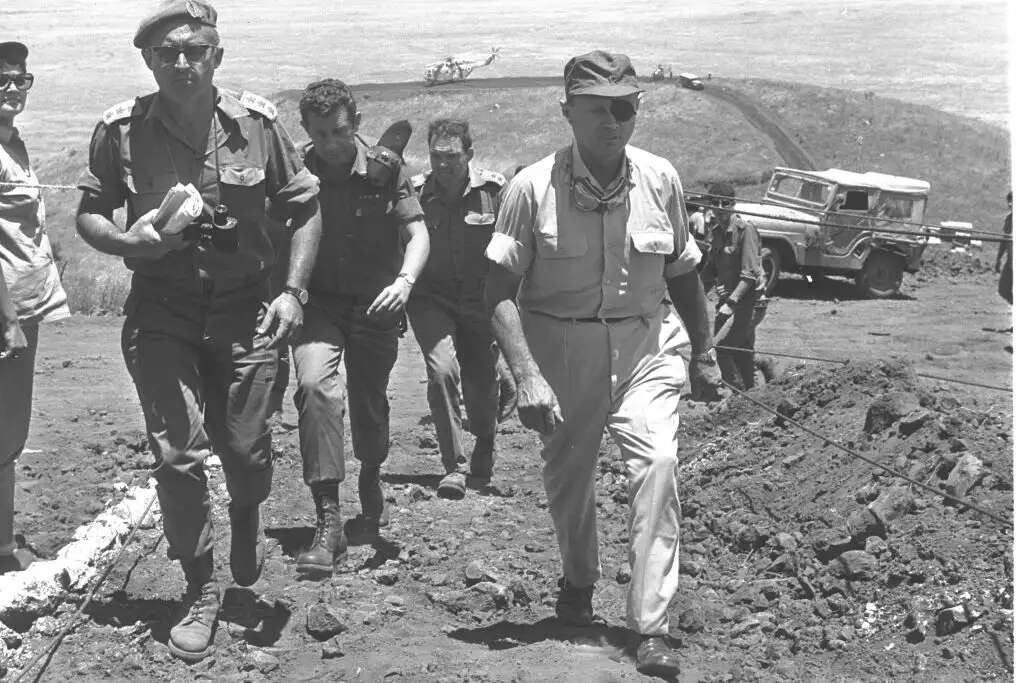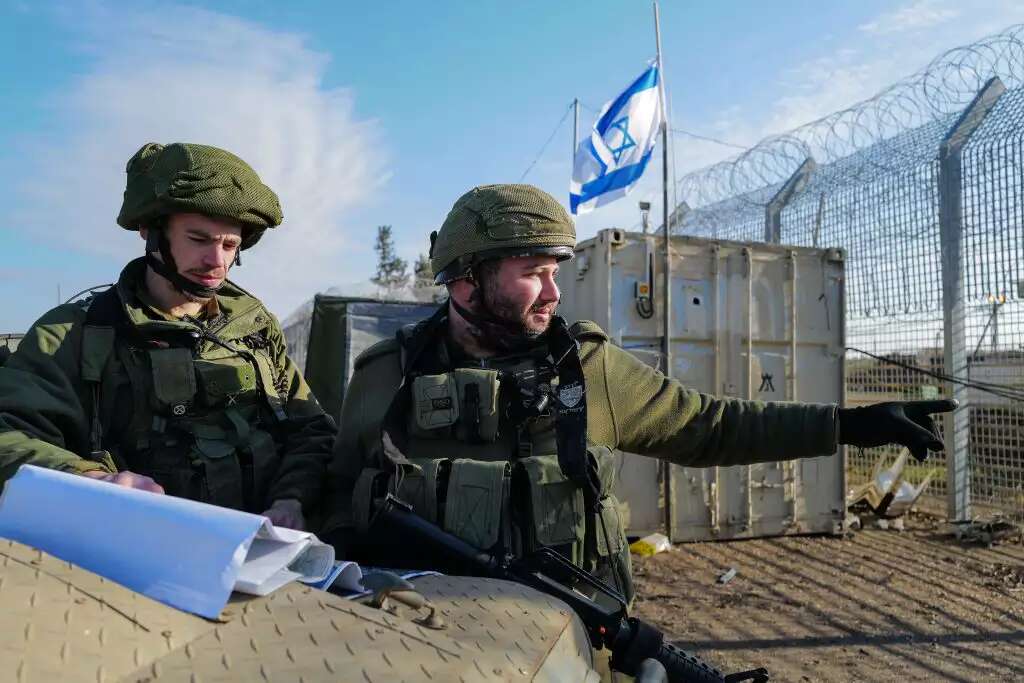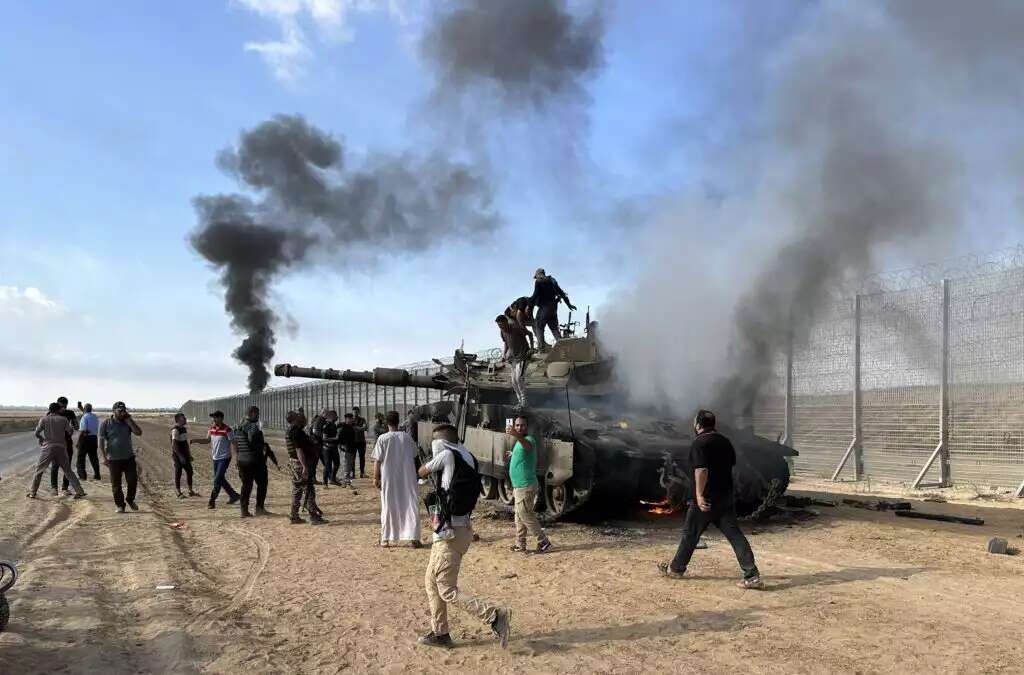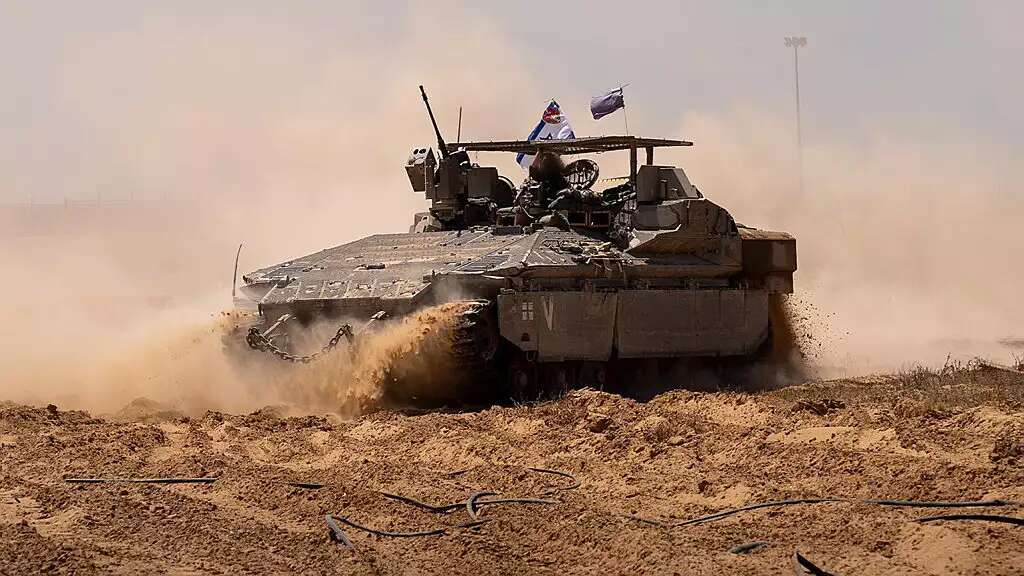One of the mistakes Israel made, now widely recognized, is allowing Hamas and Hezbollah to strengthen over the past decade or more. After the current war, this mistake must not be repeated. The implications of this statement are far-reaching and require Israel to undergo extensive changes in its strategy, behavior, and security doctrine. Above all, Israel will need to adopt a more proactive approach against its enemies. While another October 7-like event is unlikely, that is not encouraging; the enemy will most likely attempt to orchestrate a completely different and equally devastating disaster.
In general, it's unrealistic to expect others to fight Israel's wars. The serious problems with international forces deployed in Lebanon are not an accident but inherent failures: such forces are effective in preventing conflicts between sides that have no desire to fight each other, but are much less effective when one side doesn't want their presence. Aside from rare exceptions, such as the Scandinavian "Nordbat II" battalion during the Yugoslav wars, these forces do not tend to engage in combat against either side. Like nations, they have no interest in risking themselves in a war that isn't theirs. This means Israel must ensure, by itself, that threats do not grow and will need to do so continuously.
Israel's two security doctrines
Israel has two parallel, though unofficial, security doctrines. The more well-known one is designed to counter an "all-out" scenario, meaning an invasion by multiple enemy states. This is the doctrine of "deterrence, warning, and decisive victory." The second doctrine, dealing with "ongoing security," was defined by Moshe Dayan as imposing a "high price on our blood, one too costly for the enemy to bear." This method is effective, particularly when the enemy understands that escalation could lead to a war they will lose. Over the years, Israel has sought to exact a heavy toll on enemies responsible for spilling Israeli blood.

However, preventing the enemy's military buildup has generally not been part of Israel's security doctrine. There are exceptions: Israel made significant efforts to thwart Egypt's missile project in the 1960s and has declared it will prevent its enemies from developing a nuclear threat. In today's context, "preventing a military buildup" means Israel would actively prevent non-state actors from acquiring combat capabilities that could threaten it. This implies rejecting the existence of hostile non-state actors around Israel and continuously and openly targeting any country hosting such organizations, whether willingly or unwillingly.
Deterrence without the deterred
For many years, Israel refrained from adopting this approach due to its significant costs. The military buildup of a neighboring state is not usually considered a cause for war, and Israel did not want or was unable to prevent all its hostile neighbors from acquiring military capabilities. For instance, while it destroyed Syria's anti-aircraft missiles and T-72 tanks in Lebanon's Bekaa Valley during the First Lebanon War, Israel did not wage a war to prevent Syria from acquiring them. Preventing non-state actors from growing their military power is complex but does not necessarily require direct confrontation with an army.

Before the current strategy of "the campaign between wars" (known as MABAM) following the Second Lebanon War, Israel did not engage much in efforts to prevent the military buildup of its enemies. This approach, now under criticism for contributing to Hamas's strengthening, actually represented a shift. Israel set limited goals to prevent Iran and its proxies from growing stronger in Syria. However, as Brigadier General Eran Ortal argued in his book The War Before, Israel did not apply this strategy effectively against Hezbollah in Lebanon or Hamas in Gaza because it was deterred and feared the expected cycles of violence.
After the horrifying demonstration on October 7 of the costs of inaction, most Israelis believe the previous security doctrine must change. Some may hope for Jordanian security guarantees or an immediate comprehensive diplomatic solution. However, for those who don't believe in such hopes, it means Israel will need to be perpetually active. In other words, the country will be in a constant state of war. This will be true even if Israel allows for the creation of a Palestinian state in the West Bank and Gaza.
"He who wants peace must prepare for war"
A security doctrine based on prevention will have several principles: freedom of action, engagement, responsibility, and growth.
Freedom of action means Israel will not wait for its enemies to grow stronger but will continuously act against potential future threats. To do so, Israel must continue to heavily invest in intelligence, precision weapons, and its air force. Yet it also needs to rethink its ground forces, as airstrikes alone were insufficient in the battle against Hamas. Ground forces should no longer be considered a last resort but rather a high-priority option to demonstrate seriousness in deterring enemies.

Ground forces, while not a cure-all, are necessary for neutralizing nearby threats. Israel must be prepared to swiftly launch ground incursions without hesitation, just as it is ready to deploy special forces and airstrikes. As the Roman military writer Vegetius said, "He who desires peace must prepare for war." Only by building credible military power and being willing to use it can Israel achieve this.
Moreover, Israel must abandon the defensive mindset that has subtly entered its security doctrine since 2005. While defensive measures, such as missile interception, are crucial and have reduced casualties from Hezbollah rockets, defense should be just one part of a broader strategy. The defensive approach erodes the other pillars of security, as it can diminish the perceived need for them.

"Responsibility" means Israel must openly take responsibility for preventing non-state actors from gaining strength, especially in cases where the official governments of such territories fail to control them. If neighboring states abandon their sovereignty over these areas, they cannot demand that Israel respect their sovereignty either.
The cost of implementing such a proactive security doctrine will be high. Israel's military will need to be large enough to maintain continuous operations of various kinds, with a likely increase in casualties, albeit smaller compared to the alternative of a surprise attack like October 7. Additionally, Israel will need to bolster its economic capacity to sustain this effort over time.
Ultimately, Israel must decide whether it is willing to pay the price of a strategy focused on preventing enemy buildups, understanding that doing nothing will also come with a price. High walls might make for good neighbors, but when those neighbors are determined to stay hostile, it takes more than walls to keep them at bay.
Dr. Yagil Henkin is a Research Fellow at the Jerusalem Institute for Strategy and Security (JISS).




